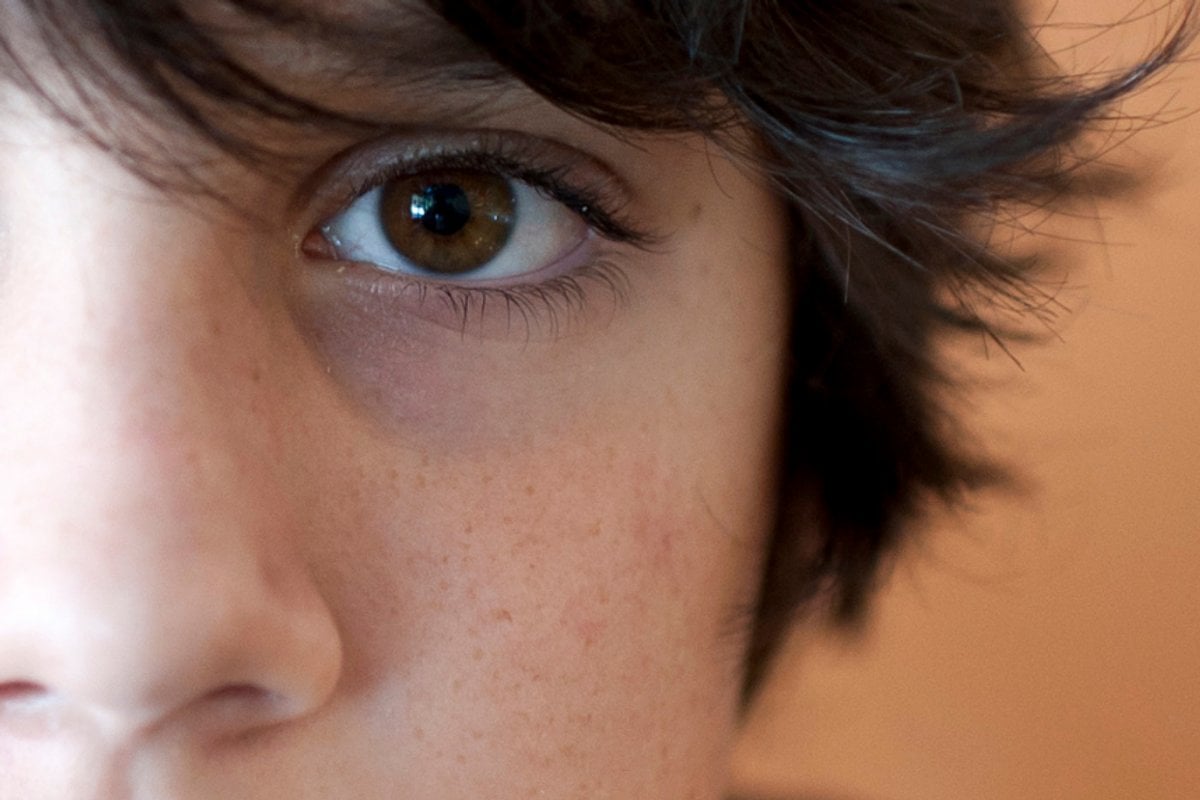
'Everyone’s a bit unusual,' my mother used to tell me as a child, 'but some are more unusual than others.'
Growing up, I was a slightly quirky kid; I had an over-active, intrusive imagination. My sense of difference was masked by decoding other children’s social cues, by writing poetry and by non-stop book reading. I was an ‘unusual girl’, or at least, I felt that way.
My mother wasn’t worried – after all, my hyper-focus on academics was a socially acceptable kind of unusual. It’s not something I talk about much, even now, as the experience was uncomfortable. I suspect I’ve channelled some of that into my latest novel, An Unusual Boy.
On our parenting podcast This Glorious Mess, Holly Wainwright shares the personal reason she found Fiona's book a "challenging" read. Post continues below.
My sense of being ‘different’ as a child extended well beyond myself. At an early age, I learned how ‘unusual’ my home environment was compared to most of my peers; I was part of a family who cared for a disabled, neurodivergent father.
Over twenty years, I watched my father lose his skills, develop prominent dementia and regress from a walking stick to a wheelchair to institutionalised confinement. While my father doesn’t appear in An Unusual Boy, this lived experience of being a ‘carer’ (and there are 2.7 million of us in Australia) certainly informed some of the family dynamics represented in the novel.
In my adult life, I’ve been lucky enough to meet, love and work with people who might be considered ‘unusual’ or ‘neurodivergent’. As a parent of three, I’ve developed cherished relationships with children who are deemed by the world (or self-identified) as not ‘neurotypical’. Some of these loved ones have a diagnosis – including ADHD and autism – but many don’t.




Top Comments